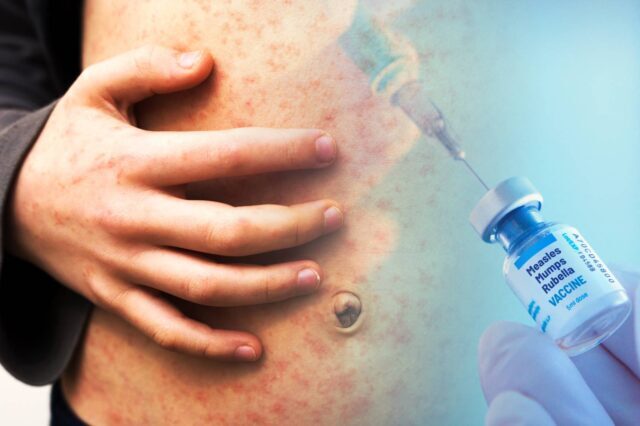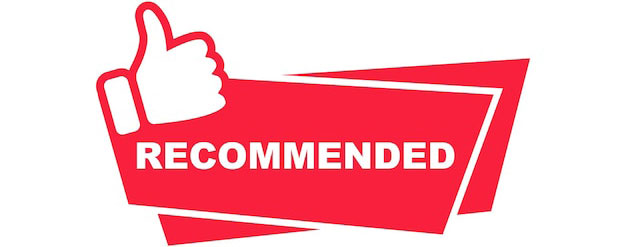Ireland confirmed fifth Measles case, urges vaccination

The Health Protection Surveillance Centre (HPSC) in Ireland confirmed the fifth case of measles in the country at 5 p.m. on Thursday, with an additional suspected case currently under investigation.
This confirmation comes at a time when the number of measles cases is rising across Europe, raising public awareness once again.
The Health Service Executive (HSE) of Ireland has not yet released detailed information about the fifth case. However, it’s worth noting that since the beginning of the year, measles has resulted in one death: a man who contracted the disease in Birmingham, England, passed away last month in Mullingar, County Westmeath.
Given the current outbreaks of measles in the UK and Europe, the HSE issued an urgent appeal on Tuesday, especially for pregnant women, passengers with compromised immune systems, and those traveling with infants under 12 months old, to be extra vigilant if they were on a flight with a confirmed measles case.
The specific flight mentioned was the Etihad Airways EY45 flight that arrived in Dublin at 6:30 a.m. last Saturday, carrying an infected passenger.
Typical symptoms of measles include a runny nose, sneezing, coughing, painful red eyes, a temperature over 38 degrees Celsius, and a rash that initially appears on the head and neck.
The HSE is developing a response plan to the increase in measles cases in the UK and Europe, planning to roll out an extensive supplementary immunization program for the MMR (measles, mumps, and rubella) vaccine.
The HSE statement noted that through its childhood vaccination program, the MMR vaccine has been provided to all children aged 12 months and 4 to 5 years to prevent measles.
Moreover, for those who missed the vaccine in their early years, participating general practitioners will offer a free MMR booster service. If you or your child have not completed the MMR vaccine, please contact your general practitioner to schedule an appointment. Appointments can also be made through HSE clinics.
The program will prioritize children and young people, healthcare workers, and underserved groups such as refugees, asylum seekers, and the homeless, as these groups have lower vaccination rates.
According to current public health advice, people born in Ireland before 1978 generally do not need the MMR vaccine, as they were likely exposed to measles in childhood.
 If you find this site helpful, share it with your friends!
If you find this site helpful, share it with your friends!